Use the decoder key below to figure out the secret message! Let us know if you figure it out, but don’t give away the answer so other people can play too.
Use the first letter from each word in code vault in the app to get 10 bonus points!


Use the decoder key below to figure out the secret message! Let us know if you figure it out, but don’t give away the answer so other people can play too.
Use the first letter from each word in code vault in the app to get 10 bonus points!


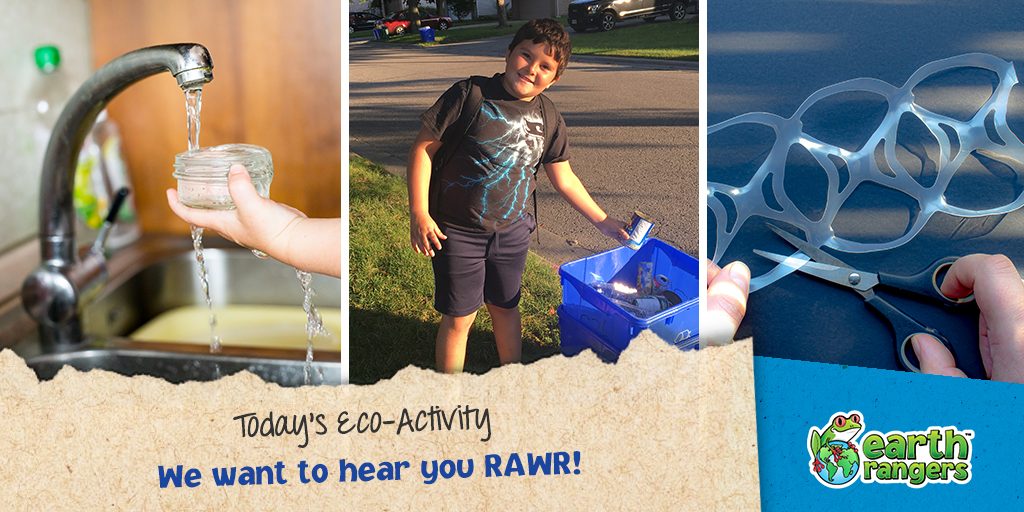
RAWR! It’s not just the sound a bear makes, it’s also the name of one of our favourite Missions! RAWR stands for Respect Animals While Recycling, and it’s something we think everyone should do. But how? We’ll show you in today’s Eco-Activity!
Animals are attracted to our stinky garbage and recycling. When they come to check it out, they’re at risk of getting seriously hurt. Follow these tips and keep animals safe:


They might look like a zebra, but okapis are actually part of the giraffe family! These zebra-like stripes help them blend into the vegetation and dead leaves found in the forests of Congo where they live!
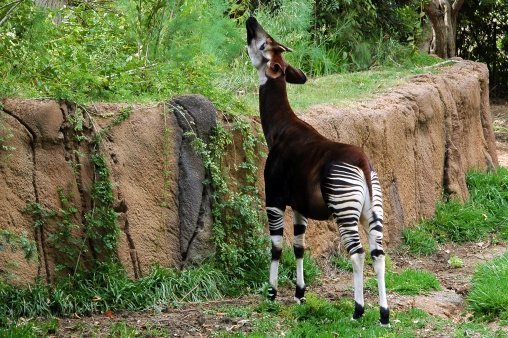
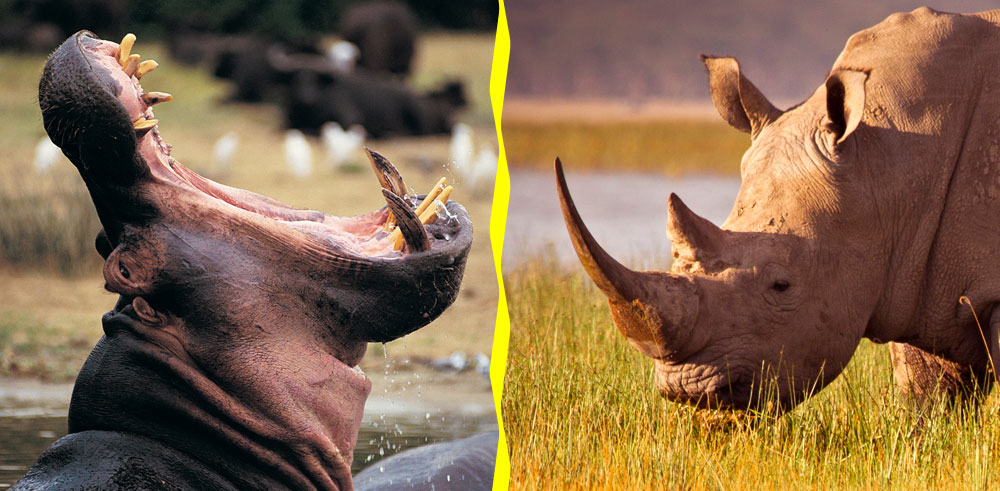
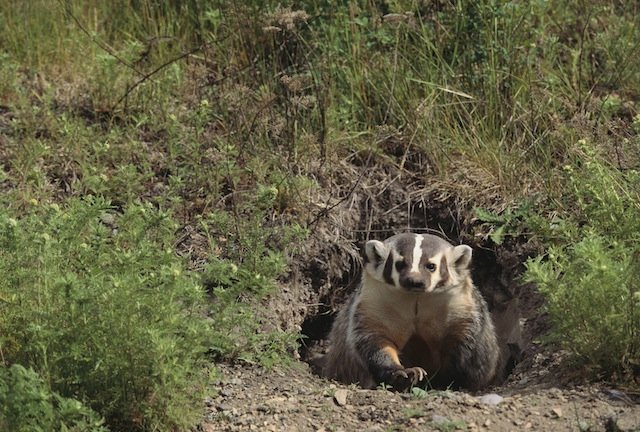
Guess what, Earth Rangers? Last year we asked you to band together for badgers who needed your help, and thanks to your amazing support, our partners at Nature Conservancy Canada (NCC) did a ton of amazing work for these animals under threat.
British Columbia’s Kootenay River Ranch is home to some of the province’s few remaining badgers, but its shift from a mix of open grassland habitat to a more densely forested landscape was making it less ideal for badgers who need grasslands to survive. NCC is working hard to restore the grassland habitat by doing things like thinning dense tree thickets and planning controlled wildfires to mimic the ones that happened more in the past, and they made some awesome progress last year. Here’s some highlights!

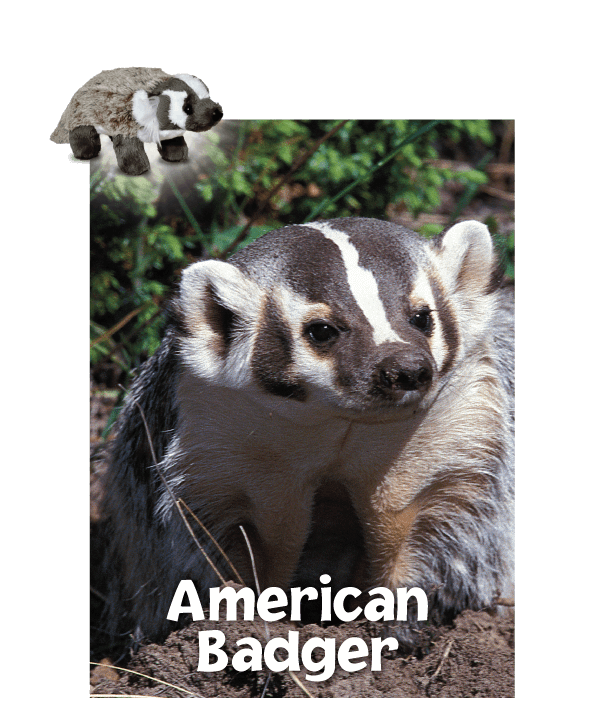
But the work is not done yet… which is why we’re excited to announce this amazing project will continue this year! NCC is planning to thin an additional 98 hectares over the winter and into the spring, and we are excited to keep supporting their incredible efforts.
Join the hundreds of Earth Rangers who supported the badger project last year by purchasing a Wildlife Adoption Kit today!

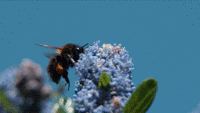
Hi bee buddies! Spring is just around the corner, and as we dig out from the snow we thought we’d check in with our partners at NCC to hear about how their year of unBEElievable conservation work went!
The last time we checked, the team had just received the native seed mix they needed to plant in Saskatchewan’s Key West property. They were waiting to plant it until winter, when it would get planted with winter wheat to help it grow healthy and full of nutrients. They’d already done lots to get the space ready for planting, including controlling weeds throughout the summer, and another 40 acre spot on the property that had been previously planted after the same process saw great success with its native blooms – super promising! That means it’s only a matter of time before this native mix blooms too and the western bumblebee has tons of amazing new habitat to enjoy!

This amazing project would not have been possible without the hundreds of amazing Earth Rangers who purchased an Adoption Kit to protect our bee buddies last year. Keep up the good work, animal-saving heroes! Check out the Adoptions Section in the Earth Rangers App to see what new projects we’re supporting this year, and keep up the great work, animal-saving heros!

We’ve got a special Pixel Puzzler for you this time. Hidden in the picture below is one of the sweet deals coming your way this Earth Month. Can you guess what it is?
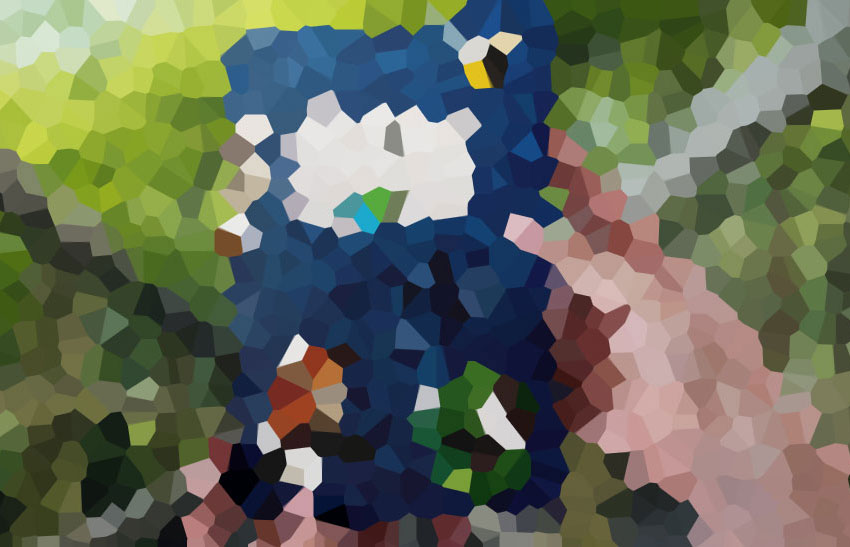
We’ve gotten tons of great guesses on Part 1 of the Pixel Puzzler, and now it’s time for the answer. Are you ready for the great reveal? Find out if you got it right!
The answer to this Pixel Puzzler is (drum roll please) a Green Tree Python! How did you do? Tell us in the comments!
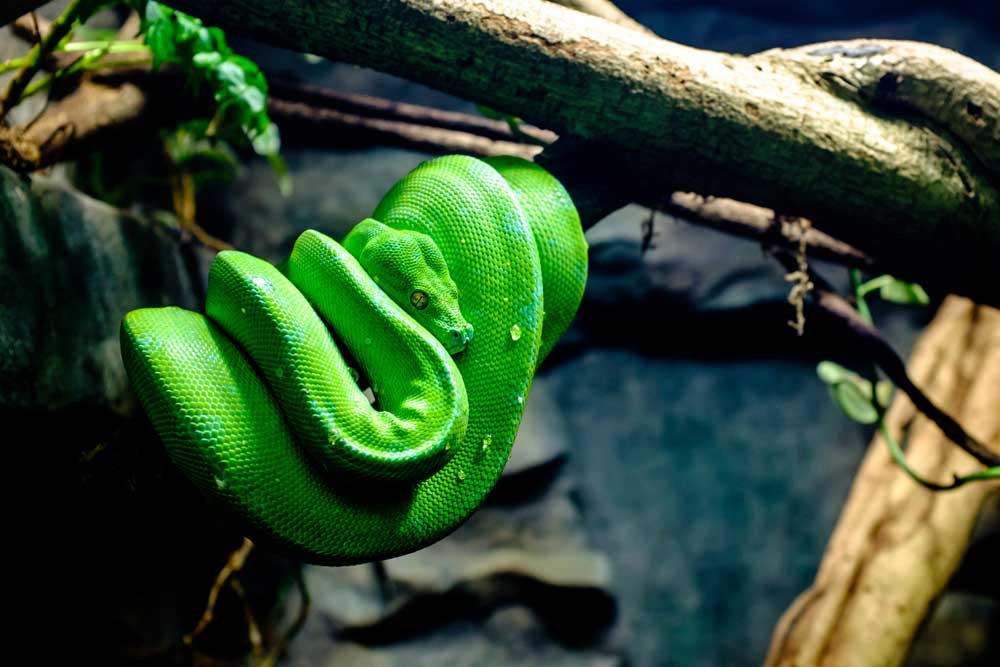
These birds are flying in the big leagues. Albatross have the longest wingspan of any bird, measuring up to 11 feet (3.4 metres) across.
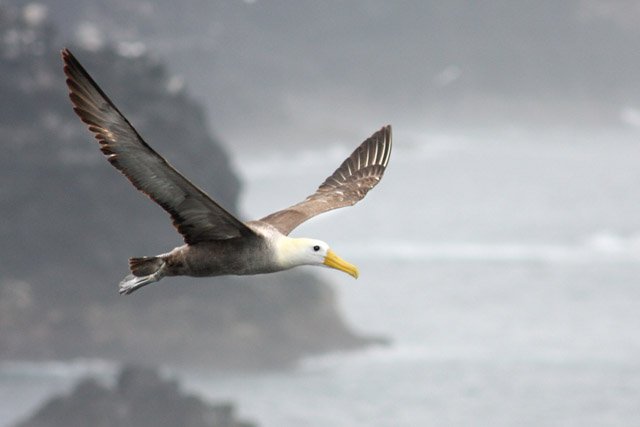
It might be springtime, but we’ve still got snow on the brain at Earth Rangers! Last year’s northern project is in the books, and our partners have some amazing updates to share!
The last time we checked in, researcher Matt Gilbert was busy planning a field season to continue his work on Arctic char. These widely distributed fish are an important part of the beluga’s diet, so understanding how they might be affected by climate change is really important. Thanks to the support of hundreds of Earth Rangers like you, Matt was able to purchase equipment and supplies (including a super cool underwater camera!) that he used during his field season, spending part of the summer last year in Nunavut hard at work with his field crew, researching how char respond to warming waters.
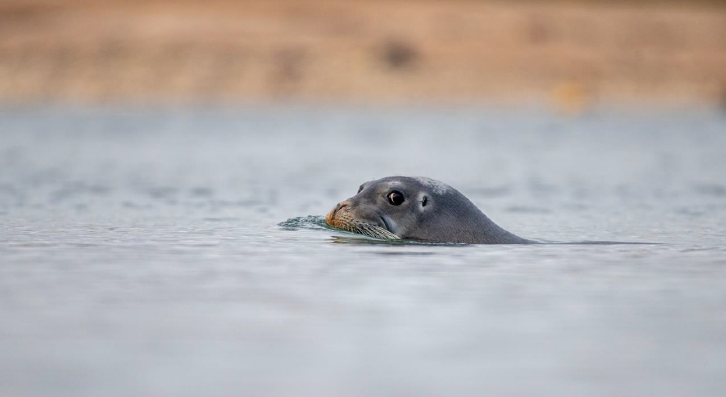
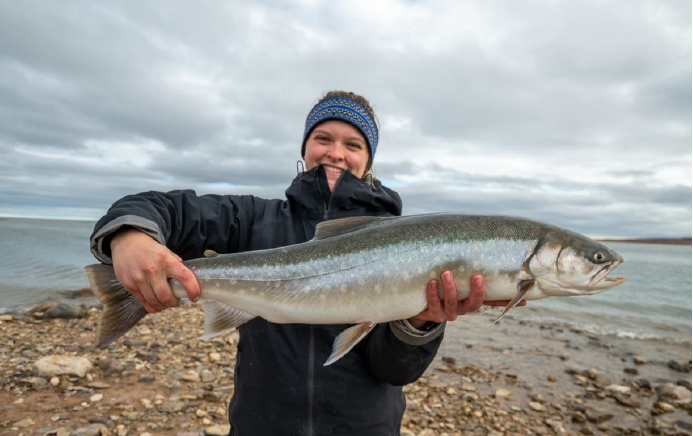

Last summer, researcher Jeanne Clermont was excited to finally get back to the field! She took her small team to Bylot Island, Nunavut, to collect and analyze the data they got from the GPS collars they’d fitted the arctic foxes with in previous years. Using data about how the foxes moved helped her figure out if the fox was running, walking, resting, or digging; she then combined this with information about when and where the foxes did these things, giving us a better idea of areas to protect that are the most important for feeding foxes! Check out these amazing photos from the field – thanks for sharing, Jeanne!

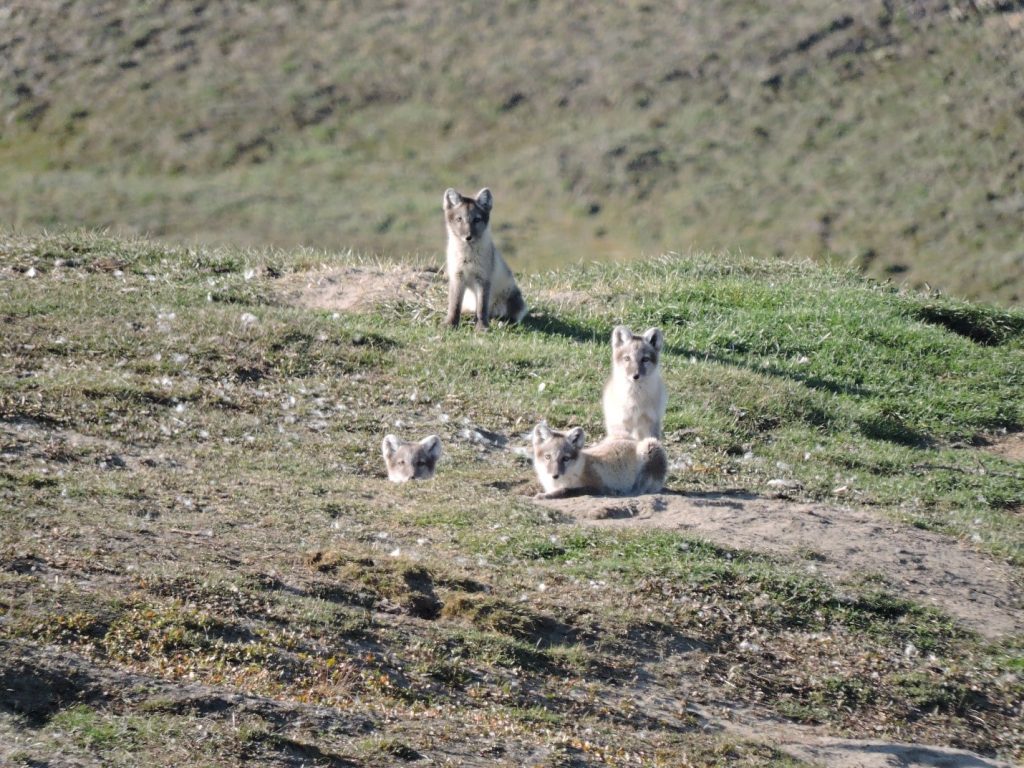
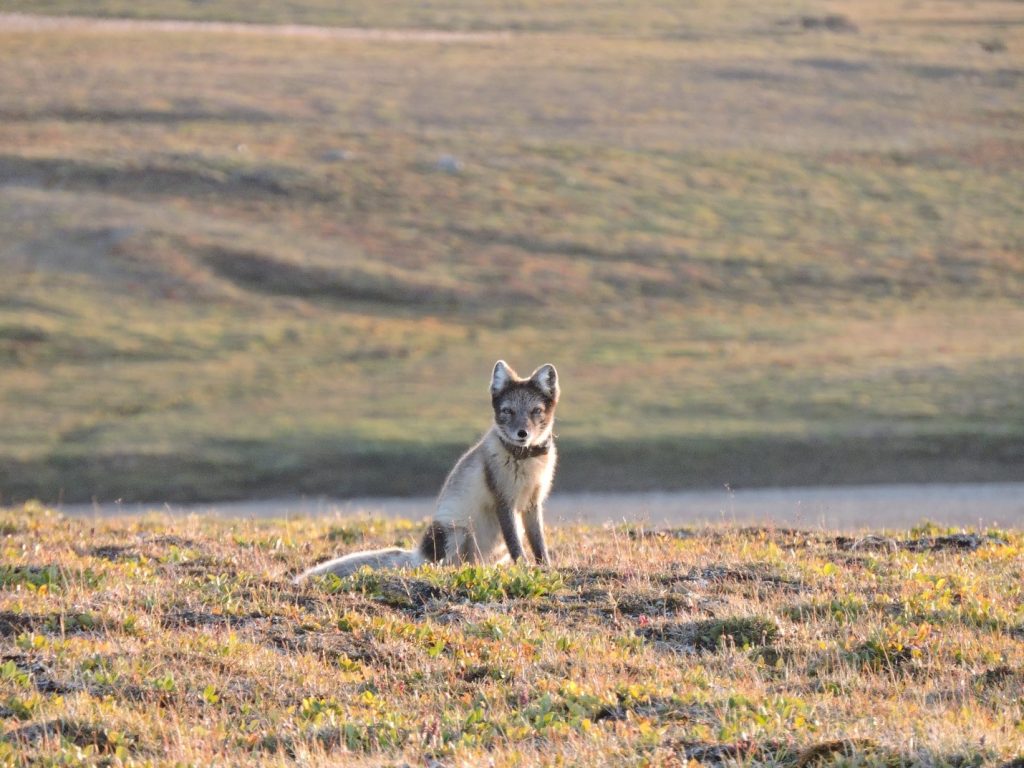

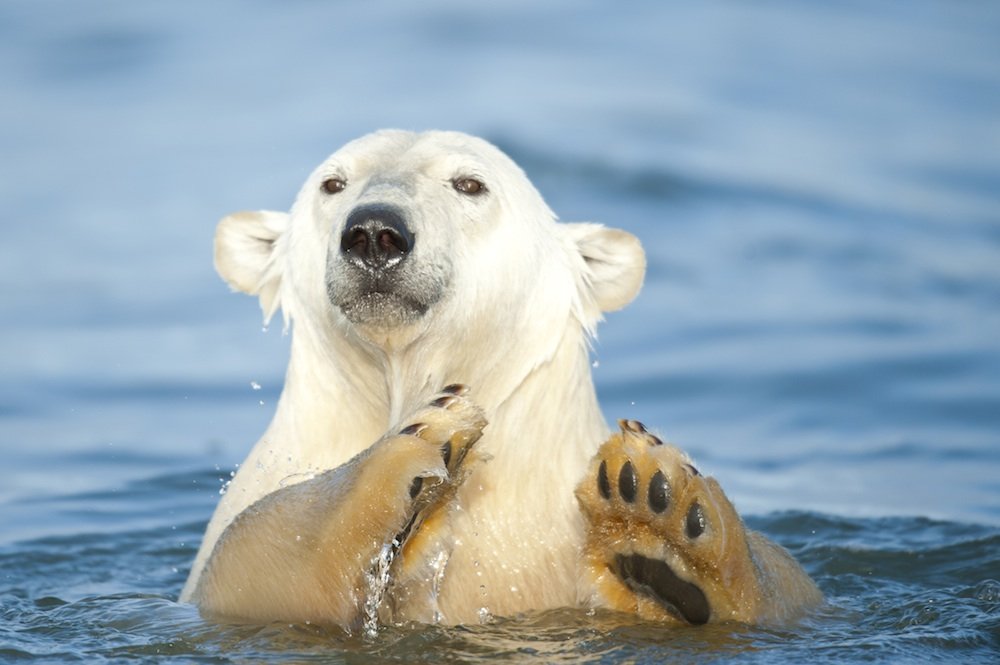
Polar bears are found across much of the Arctic, but researcher Larissa Thelin focused her work on one of the most under-researched subpopulations of polar bears: the ones found in the Davis Strait, between Canada and Greenland. Her goal was to combine information about changing sea ice cover with data about where one of the polar bear’s primary prey, the harp seal, was found. By doing this, Larissa hopes to better understand where harp seals might go as climate change causes sea ice to decrease, and then determine what this might mean for hungry polar bears on the hunt for food. With tons of data to comb through, Larissa’s hard work continues!

Over 2,000 Earth Rangers helped support the incredible work of our northern project researchers, and we’re excited to announce that we’re supporting three new northern projects again this year! Purchase an Adoption Kit to help make a difference today!